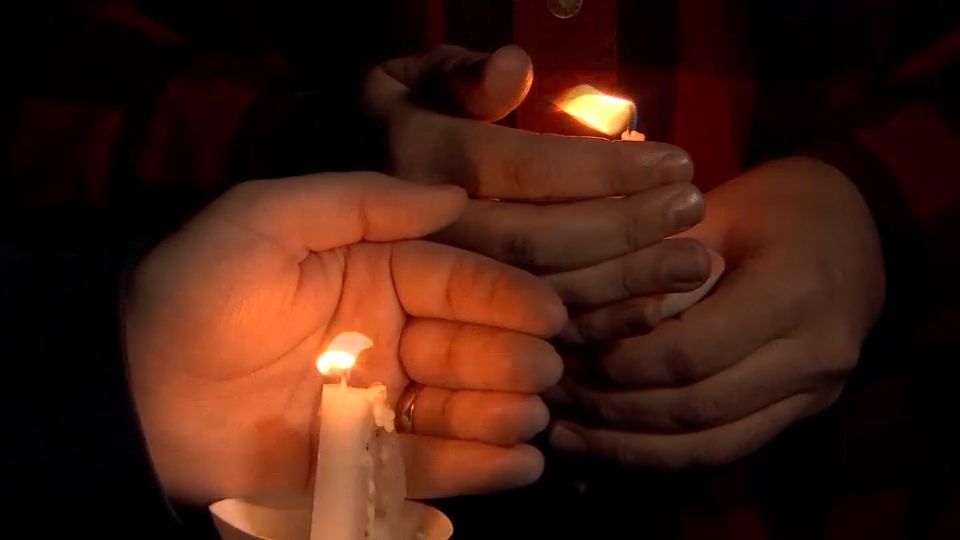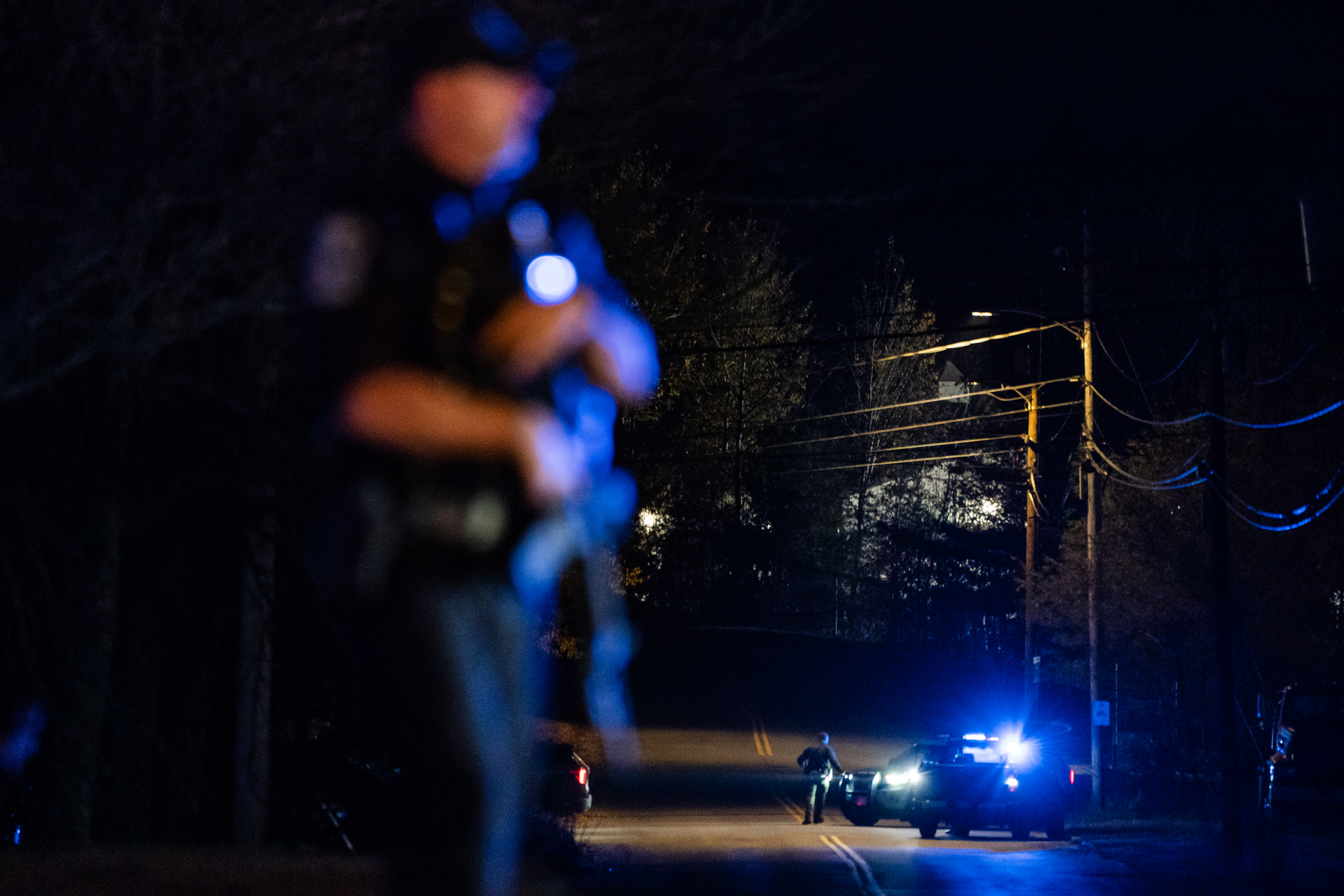The NBC10 Boston Investigators received information through a public records request about the red flags that the Lewiston, Maine, gunman's mental health was declining.
The information sheds new light on the deadliest mass shooting in Maine's history, and the fact that the family of the the gunman, Robert Card, alerted the sheriff that they were becoming "concerned" about his deteriorating mental health while he had access to firearms.
According to the Sagadahoc County Sheriff’s Department:
- May 3: The gunman's family contacts the Sagadahoc County Sheriff's Department concerned about his wellbeing and reports he had firearms.
- Sheriff says they contacted his Army Reserve training group and were assured the man would get the medical attention he needed.
- July 15: The shooter and other members of the Army Reserve’s 3rd Battalion, 304th Infantry Unit were in New York for training when he accused several of them of calling him a pedophile, shoved one of them and locked himself in his motel room. The next morning, he told another soldier that he wanted people to stop talking about him. New York State Police responded and took him to a hospital at the U.S. Military Academy in West Point for an evaluation. He spent 14 days at the Four Winds Psychiatric Hospital in Katonah, New York, which is a few miles from West Point.
- Aug. 3: The gunman returned home, according to the Army. At that time, the Army directed that while on duty, he shouldn't be allowed to have a weapon, handle ammunition or participate in live-fire activity. It also declared him to be non-deployable.
- Aug. 5: The shooter went to Coastal Defense Firearms in Auburn, next to Lewiston, to pick up a gun suppressor, or silencer, that he had ordered online, according to the shop's owner, Rick LaChapelle. Card was polite when notified of the denial, mentioned something about the military and said he would “come right back” after consulting his lawyer, LaChapelle said.
- September: His training group asks the sheriff’s department for a wellness check.
- Sept. 15-16: A sheriff's deputy goes to the man's home but he is not there. They file an attempt to locate with other law enforcement agencies.
- The alert included a warning that the gunman was known to be armed and dangerous and included details of his behavior. It also urged officers to use extreme caution.
- The Sagadahoc County deputy then made contact with the gunman's unit commander, who said that the man no longer had any weapons from the reserve unit. His commander advised that they were trying to him get treatment for and that he thought it best to let him have time to himself.
- Sept. 17: Deputy made contact with the shooter's brother, who said he would work to secure any firearms that he had access to. The deputy also asked that the family call back if they believed that he need an evaluation or was a risk to himself or others.
- Oct. 18: That attempt to locate the gunman was canceled.
- Oct. 25: The man allegedly opens fire at the bowling alley and bar, killing 18 and wounding several more.
Get top local stories in Connecticut delivered to you every morning. Sign up for NBC Connecticut's News Headlines newsletter.
Sagadahoc Sheriff Joel Merry released the following statement along with the documents:
We believe that our agency acted appropriately and followed procedures for conducting an attempt to locate and wellness check.
My office will evaluate our policies and procedures for how we conduct wellness checks with the goal of making any improvements that are in the interest of public safety while balancing the rights of individuals.
On Tuesday, a representative for the Army released a statement to NBC News noting that the gunman was directed not to have a weapon after a mental health incident that took place while he was at West Point in New York.
Given that the Army Reserve was aware of SFC Card’s actions at West Point, they remained committed to providing care and support to him. The Army directed that the service member should not have a weapon, handle ammunition, and not participate in live fire activity. The Army also declared the service member non-deployable due to concerns over his well-being. His company commander was notified of the restrictions. The USARC Surgeon Office and USARC medical management made multiple attempts to contact Card. Due to the ongoing investigation we cannot provide further details. —Lt. Col. Ruth Castro, Army spokesperson.
"It is a very recognizable story — within a very short period after the event, the reporting starts to come out on the shooter's background," said Mark Follman, national affairs editor for Mother Jones.
Follman, the author of "Trigger Points: Inside the Mission to Stop Mass Shootings in America," has studied the issue extensively.
"This case, this terrible tragedy in Lewiston, as much as any that I can think of in recent memory that I have studied, was just rife with alarm bells going off," Follman added. "This is clearly someone who should not have had a firearm, and yet the mechanisms of removing a firearm from him didn't work."
Follman says more must be done on the regulatory front.
"We continue to see attacks like this, where they are an array of warning signs in advance and yet there seems to be an inability to act effectively," he said.



